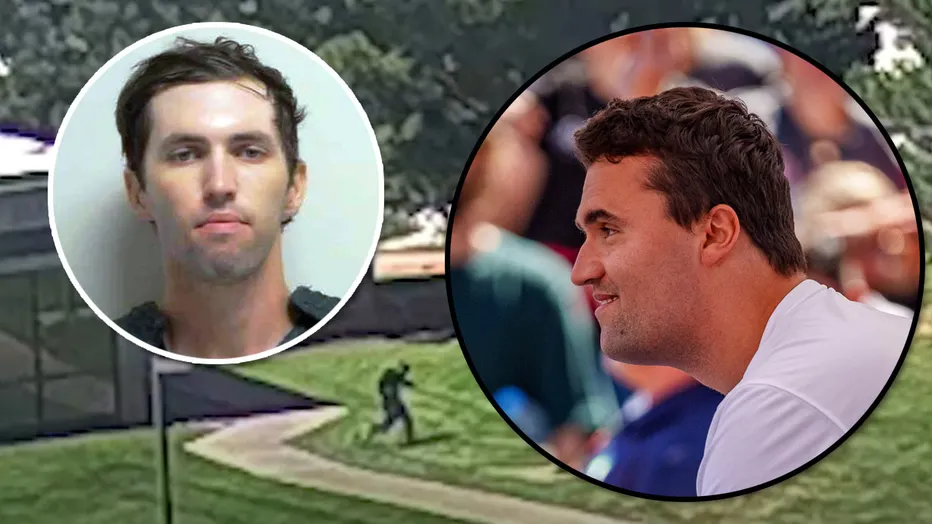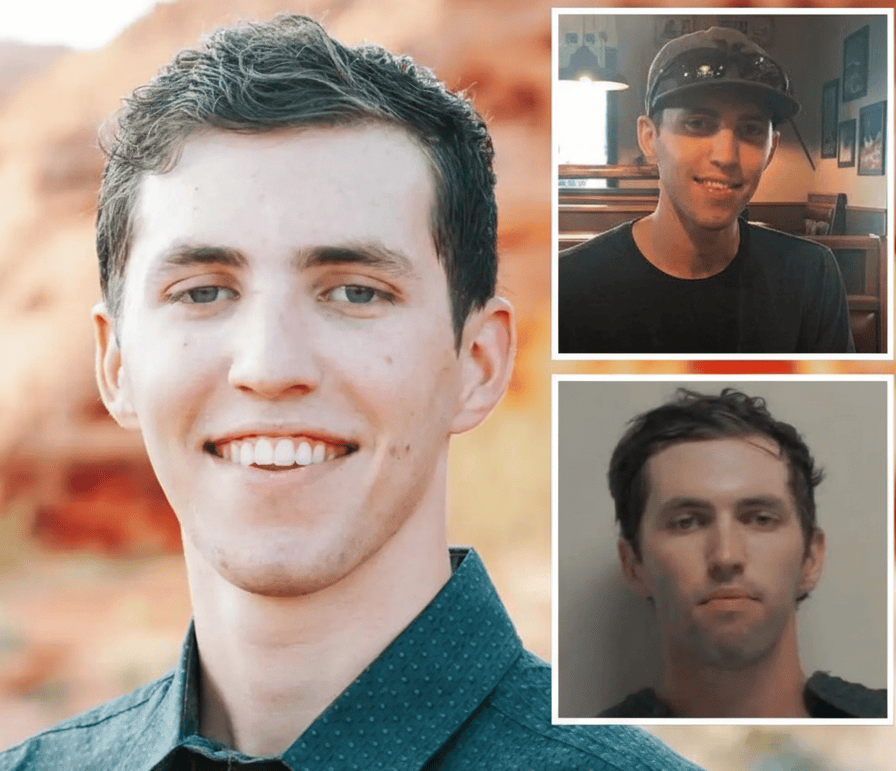From Bright Scholarship Student to Accused Assassin: The Troubling Story of Tyler Robinson and Charlie Kirk
There are stories that break your heart because they make you realize how quickly a life can shift from promise to tragedy. The story of Tyler Robinson feels like one of those. By all accounts, he was a gifted young man, the kind of person neighbors pointed to with pride. He was described as brilliant, raised in a church-going family, a kid who did well enough in school to earn a prestigious academic scholarship to college. His future seemed wide open, full of the sort of opportunities parents dream of for their children. And yet, as we now know, that same young man stands accused of fatally targeting conservative influencer Charlie Kirk, a name well known in political and media circles.
Those who lived near him remember a polite, respectful boy who seemed to stay out of trouble. Friends from his earlier years recall someone who studied hard, attended church regularly, and never made waves. When he received his scholarship, many thought it was just the start of an impressive career, perhaps in academia or public service. But something happened along the way that changed him. According to those who knew him more recently, his world became increasingly consumed by politics. That shift in focus, subtle at first, grew louder over time. Conversations that once revolved around school or personal interests began to circle around ideology, debates, and frustrations with the direction of the country.

Police and investigators now believe that this growing obsession played a major role in the violent act that has stunned so many. Tyler Robinson is accused of assassinating Charlie Kirk, a man whose voice had become a lightning rod in American culture. Kirk, known for his unapologetic conservative commentary and ability to mobilize large audiences, had often found himself the target of criticism from opponents. But no one expected that criticism to turn into something so deadly.
For neighbors, the news was almost impossible to believe. How could the polite boy they remembered from church and community events become the subject of national headlines for such a crime? For many, the shock has been overwhelming. They talk about the Tyler they knew—the one who smiled easily, who seemed focused on his studies—and they struggle to reconcile that with the Tyler now painted as an assassin. It’s a reminder of how fragile the line can be between perception and reality, and how even those who appear to be on a bright path can take a darker turn.

The story is still developing, and facts continue to come out. Authorities are piecing together the timeline, trying to understand what led Robinson from being a promising student to an accused killer. For the public, the tragedy is two-fold. On one hand, there is the loss of Charlie Kirk, a prominent figure whose voice had become important to many. On the other, there is the downfall of Tyler Robinson, who might have lived a completely different life had his path not taken such a destructive turn.
It raises difficult questions about the pressures young people face, about the influence of political polarization, and about what happens when anger replaces understanding. There are no easy answers, only grief, disbelief, and a sense of loss that stretches across communities. At the center are two lives forever changed: one ended far too soon, and another derailed beyond recognition.

Stories like this leave us unsettled because they reveal how complicated human beings really are. They remind us that someone can appear to be one thing and quietly become something else entirely. Tyler Robinson’s journey from scholarship recipient to alleged assassin is a tragic example of how quickly everything can unravel, and how the choices we make, the influences we absorb, and the anger we allow to take root can alter not only our future but the lives of others.
For those who knew Charlie Kirk, his loss is devastating. For those who knew Tyler Robinson, the disbelief is just as sharp. And for the rest of us watching from a distance, it’s a sobering reminder of how fragile life is and how important it is to guard against the darker impulses that can grow unchecked. What began as a story of promise has ended in heartbreak, leaving questions that may never fully be answered.


